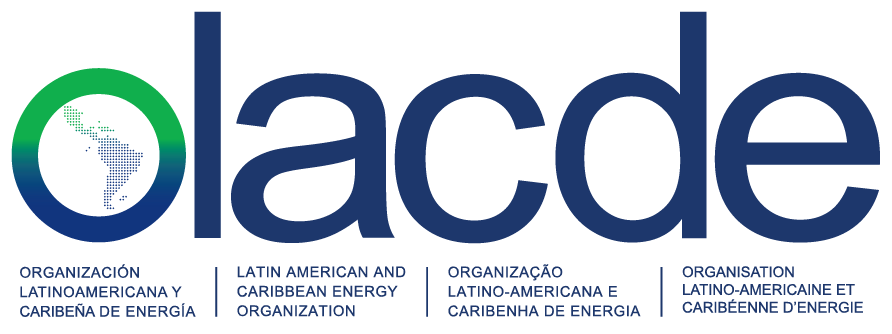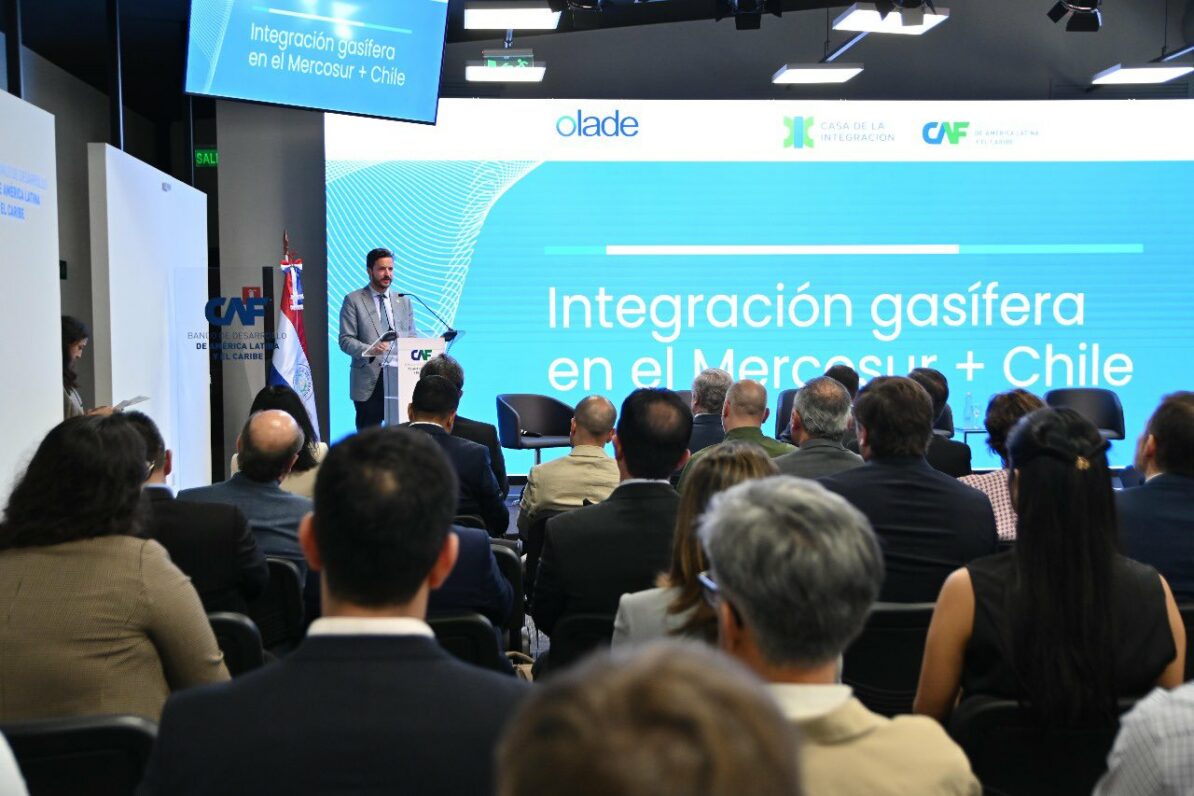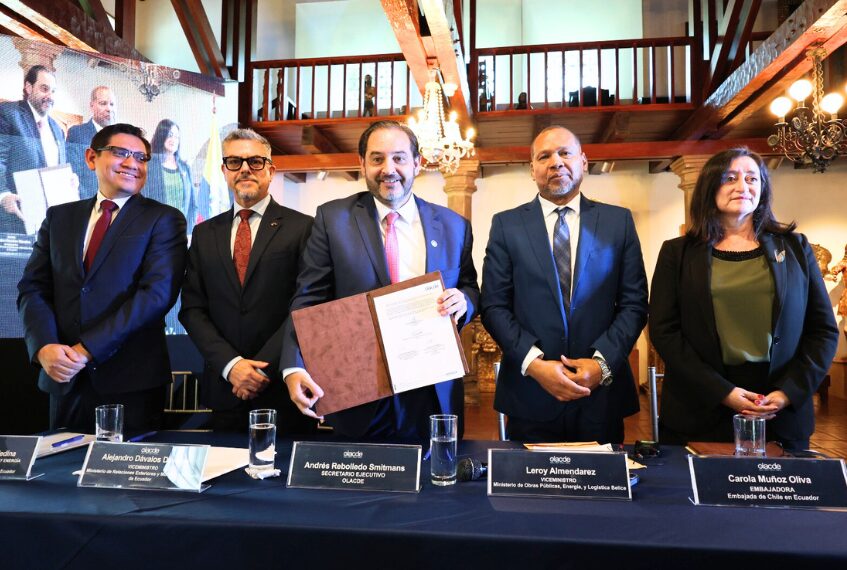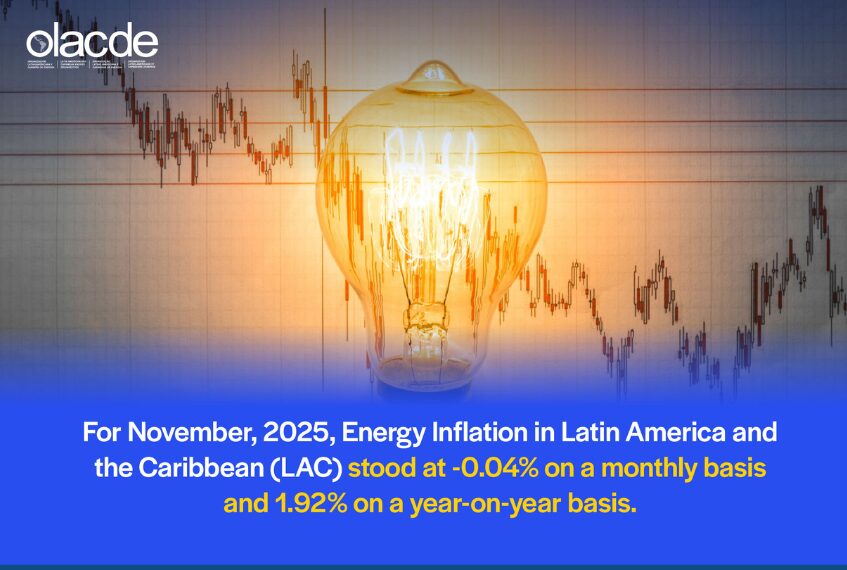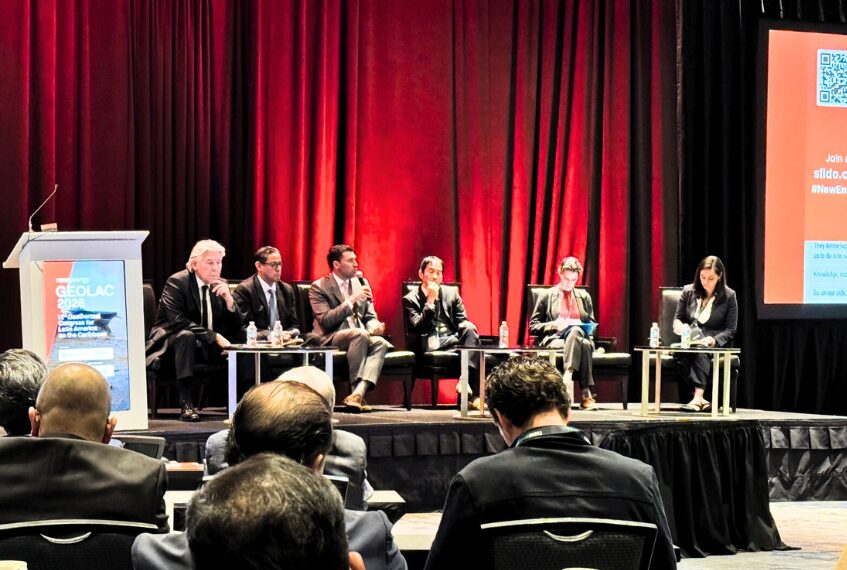The Latin American and Caribbean Energy Organization (OLACDE) and CAF – Development Bank of Latin America and the Caribbean – held a technical meeting in Asunción focused on the future of natural gas in the Mercosur countries and Chile.
The event marked the conclusion of the third phase of the Regional Gas Integration Project, which focused on identifying regulatory and normative convergence challenges among the countries of the region. The aim is to deepen short-term exchanges, promote the development of new infrastructure, and advance the creation of a regional natural gas market. The meeting also presented the consolidated findings of a diagnostic study on the situation and challenges facing the regional gas transportation system.
The event, which included an opening session and two debate panels, was preceded by several working sessions that fostered dialogue and consensus between the public and private sectors of the Mercosur countries and Chile. Among these, the first Forum of Regulators – with representatives from Ministries of Foreign Affairs and Regulatory Agencies – stood out, as well as the second session of OLACDE’s Private Council under the framework of the project.
During the opening, Jorge Srur, CAF’s Southern Regional Manager, highlighted: “It is a great pleasure to accompany this project that demonstrates how ideas are transformed into concrete actions. Today, with the launch of the third stage of this technical cooperation, we reaffirm that natural gas must play a leading role in the region’s energy sustainability and development.” He added: “At CAF we have ratified our strategic commitment to this sector, and we are optimistic to see how other international financial institutions are once again investing in these projects. We welcome the agenda driven by this forum and hope to accelerate progress to make up for lost time, always with the highest technical standards and environmental care, because regional energy integration is key to our shared future.”
Guido Maiulini, Head of Strategic Advisory at OLACDE, stated: “Energy transitions in our region are diverse and unfold in a context of rapid technological change, extreme weather events, and geopolitical tensions. In this scenario, energy integration, beyond being a matter of efficiency, is a true exercise in solidarity and collective security. We have the opportunity to reap shared benefits if we move away from isolated projects and advance towards regional energy systems that, in turn, allow us to take the leap towards integrated markets.”
“During these sessions, we have achieved tangible progress and I am confident that we can continue deepening this process with the strong involvement of countries, the technical support of OLACDE, and the financial backing of CAF. Our region needs to build agreements that, sooner rather than later, translate not only into technical, economic, and regulatory consensus but also into new infrastructure to achieve energy matrices that are more affordable, safer, more competitive, and less polluting,” he concluded.
Meanwhile, Mauricio Bejarano, Paraguay’s Vice Minister of Mines and Energy, remarked: “Energy integration has shifted from being a desire to becoming a necessity. This project essentially prepares the technical, regulatory, financial, and infrastructure studies that the Mercosur region and Chile require to integrate natural gas. For our country, especially with the promotion of our bi-oceanic gas pipeline, this aligns perfectly with our national vision.”
Later, government representatives, energy companies, and international organizations shared their perspectives in the panels: “Gas Regulation for a Regional Market” and “Gas and Electricity in Energy Integration in the Southern Cone.”
Based on the findings of the study presented, participants emphasized the need to strengthen technical and operational coordination. To this end, aligning operational criteria with recent export experiences was encouraged.
When analyzing integration experiences from the 1990s in the Southern Cone and the European Union, contractual trust and security were highlighted as essential elements. This requires the development of multilateral treaties to strengthen private sector initiatives.
The discussions also underscored the importance of maximizing competitiveness across the entire value chain in the long term. This goal must balance legal certainty with the regulatory sovereignty of each nation to achieve a harmonious and lasting integration.
Among the challenges identified were ensuring long-term supply security, creating early warning and monitoring mechanisms for the regional gas system, and laying the foundations for a multilateral agreement to drive regional integration.
Finally, a roadmap was proposed to progressively establish an integrated and efficient regional market.
